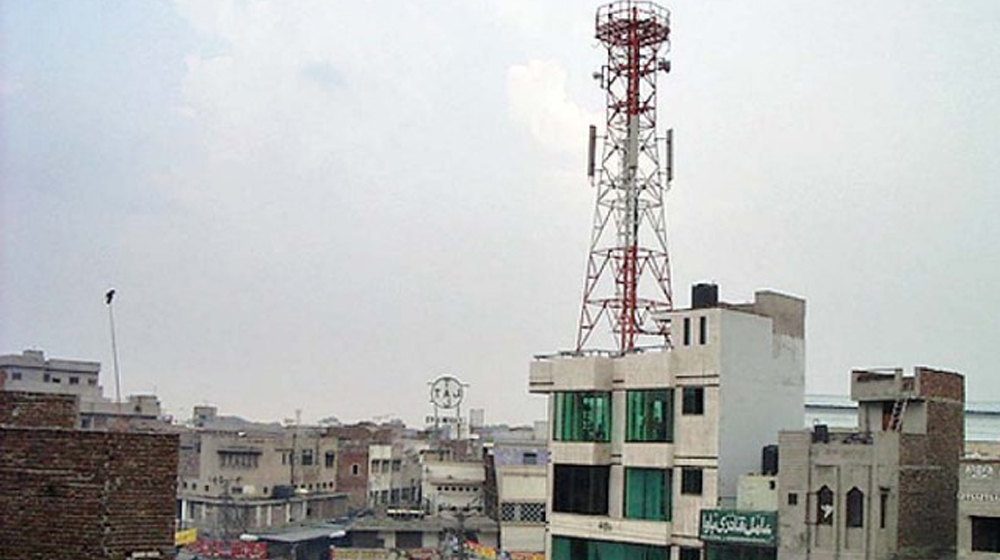
Licenses of all sorts of telecom companies — including cellular and WLL operators — in Pakistan have been billed by Pakistan Telecommunication Authority as technology neutral for two decades now, however, it was only this week that the licenses were termed “Technology Neutral” by a court of the law.
Thanks to the ruling, PTA officials including former Chairman of PTA, has been vindicated as they were being investigated by NAB for allowing Warid Telecom (now part of Jazz after merger) in 2014 to offer 4G services on its existing spectrum that it had bought in 2014.
NAB had maintained that the license Warid had back then was for 2G technology and that it was illegal to allow the operator to deploy a 4G network on the same spectrum and license terms.
PTA team had maintained that cellular licenses issued to mobile phone companies explicitly had “technology neutral” mentioned in the terms and that they followed the license terms in true letter and spirit.
NAB, while it didn’t consult any domain expert, was perusing the case against Chairman and other top officials of PTA that was ultimately challenged in Islamabad High Court.
Court, in its verdict, said that the investigation officer was indeed disputing the interpretation of the policy issued by the federal government.
Not to mention, NAB investigation officer has requested the court for more time to submit a follow up on the matter.
It must be mentioned here that Ufone is also allowed to offer 4G services on its existing spectrum that it was using for 2G and 3G services.
For a layman’s understanding, operators are allowed — through license terms — to offer 2G, 3G, 4G or even 5G services on whatever spectrum they have bought. It is then up to operators to make sure that there’s no congestion on the network.
There are three things that are co-related in order to find out if the spectrum is enough or not:
If you have a smaller number of users then you can use a smaller spectrum to offer X speed. If the number of users grow with the same spectrum then the speed of the network will reduce. If you want to maintain the speed with higher number of users then operators need to add more spectrum.
But the crux is that technology-wise an operator can offer any G (2G, 3G, 4G or 5G) on a given spectrum. This essentially means that current mobile phone operators would be allowed to offer 5G with the same license they currently have, with no additional fee.
However it’s going to be a different story on how they would be able to offer 5G services on the same spectrum (size and band), and that’s where government could be making money, i.e. by selling more spectrum to phone operators.